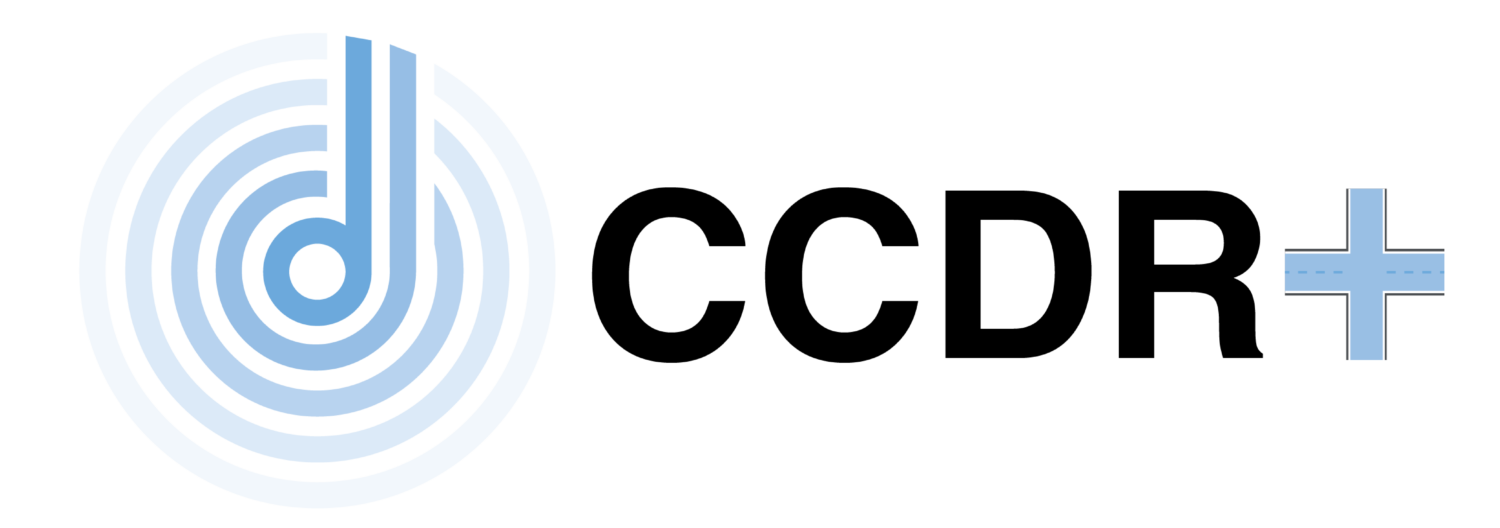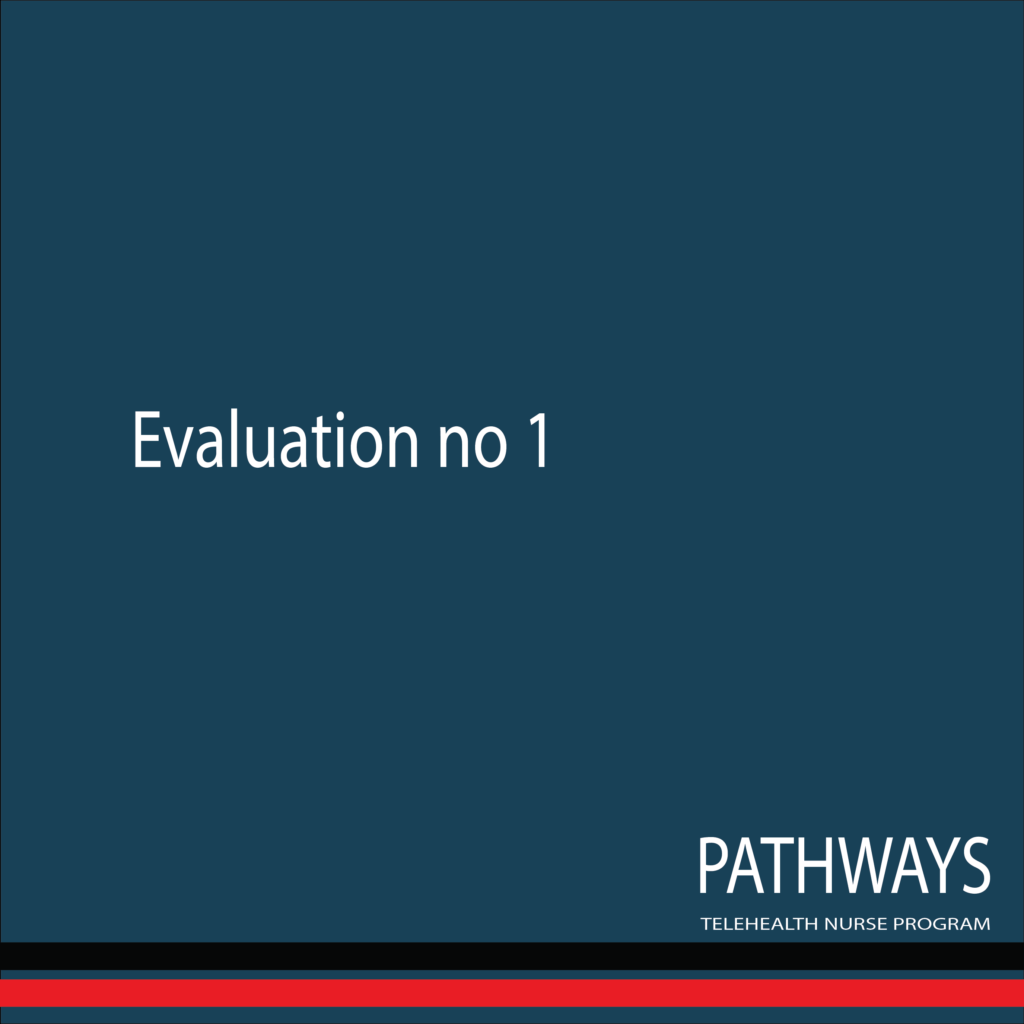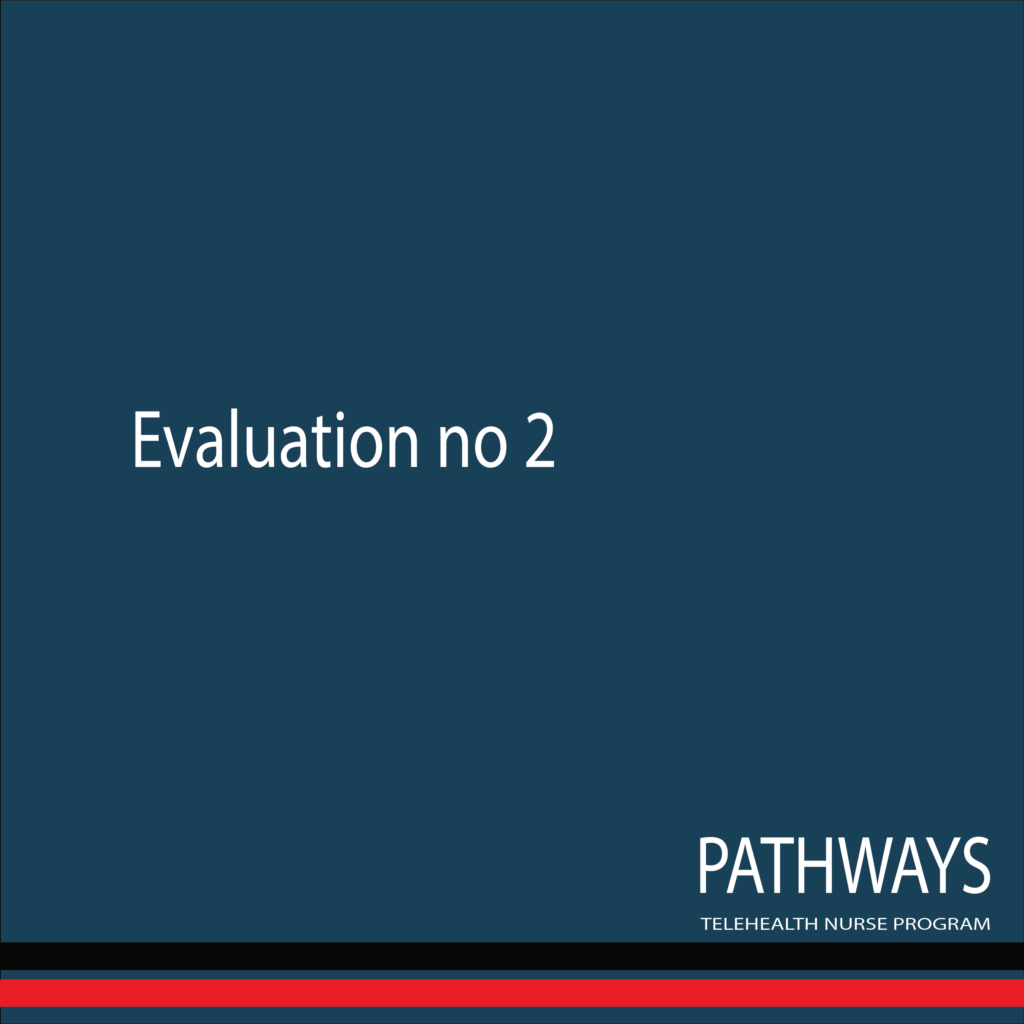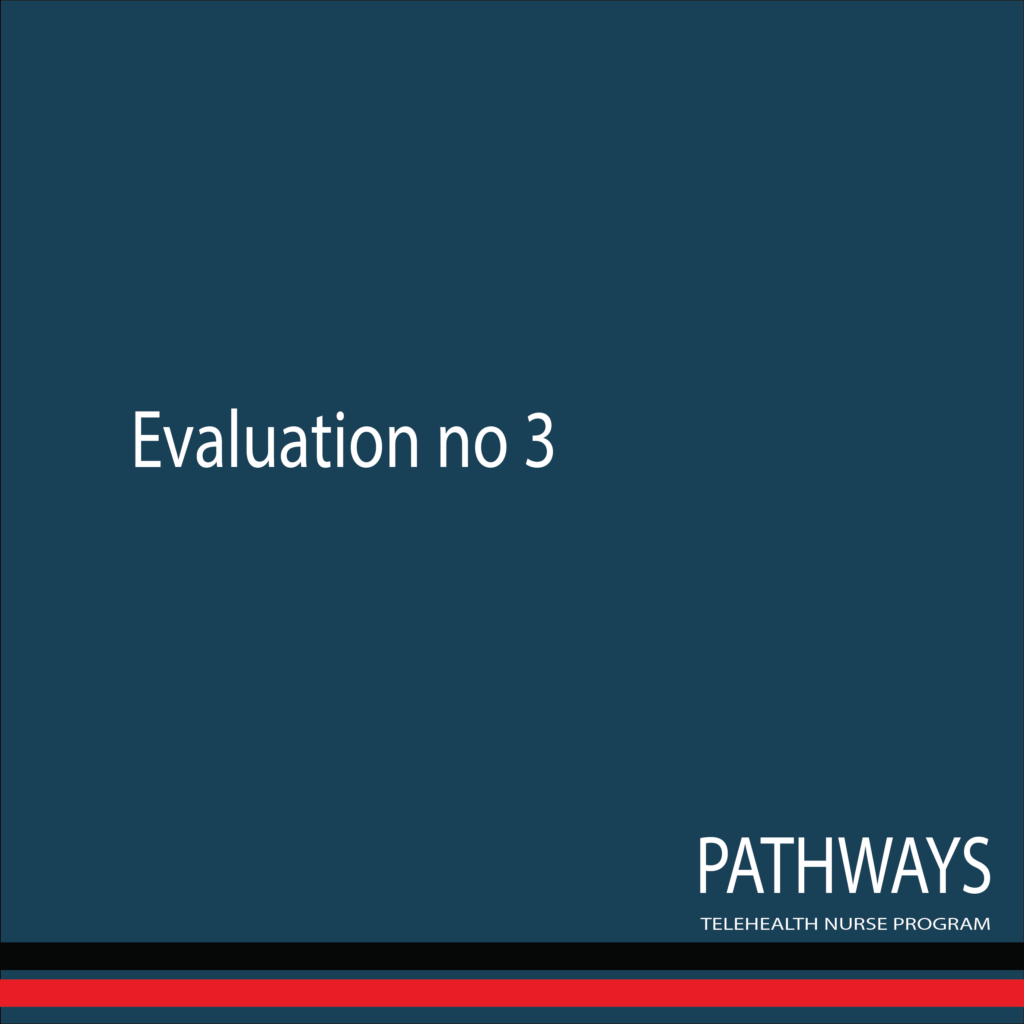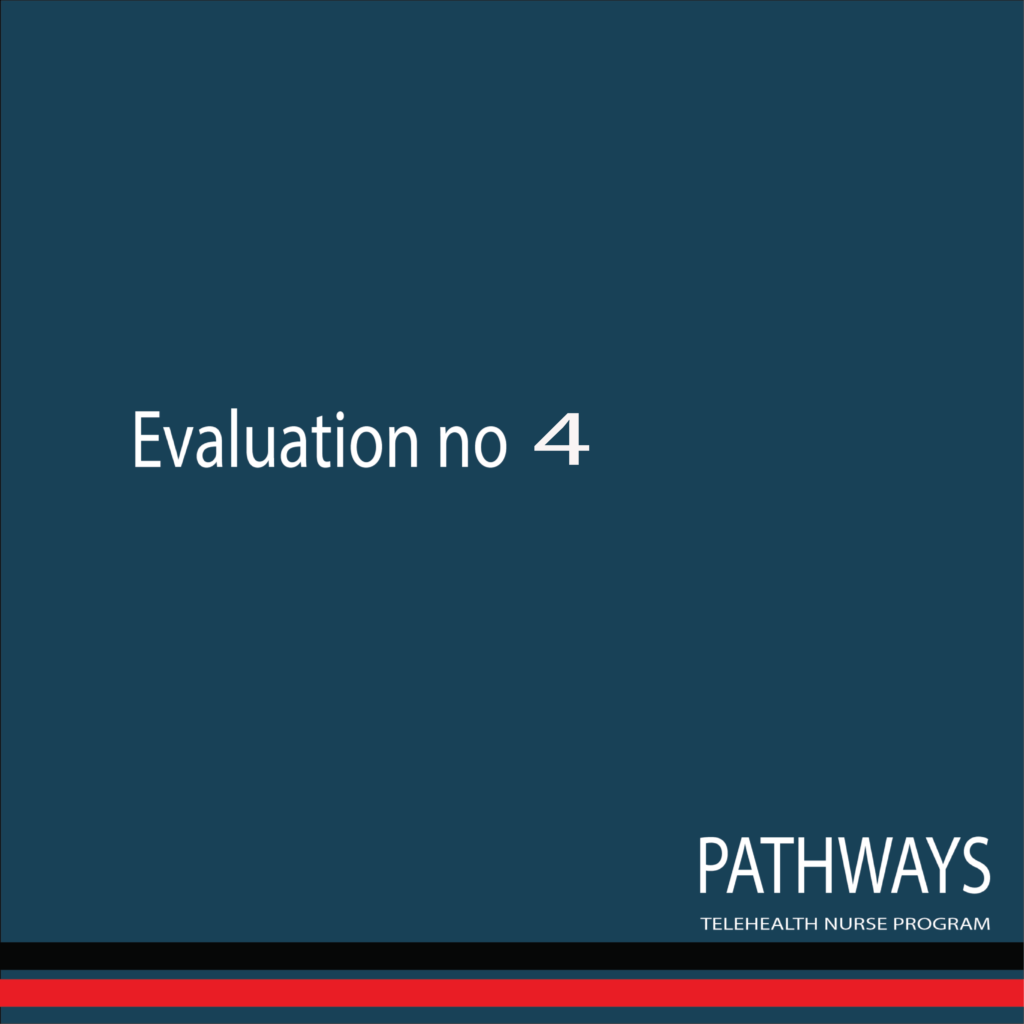
Vision: To have health systems based on equitable decision-making as they are person-centric and driven by the community, health systems where the community are the hosts of decision-making processes, not the guests.
Mission: To create the infrastructure for routine community-driven engagement in decisions about health: evidence (PEEK) – grassroots community engagement (NPON networks) – ability to implement change (pilots – Pathways)

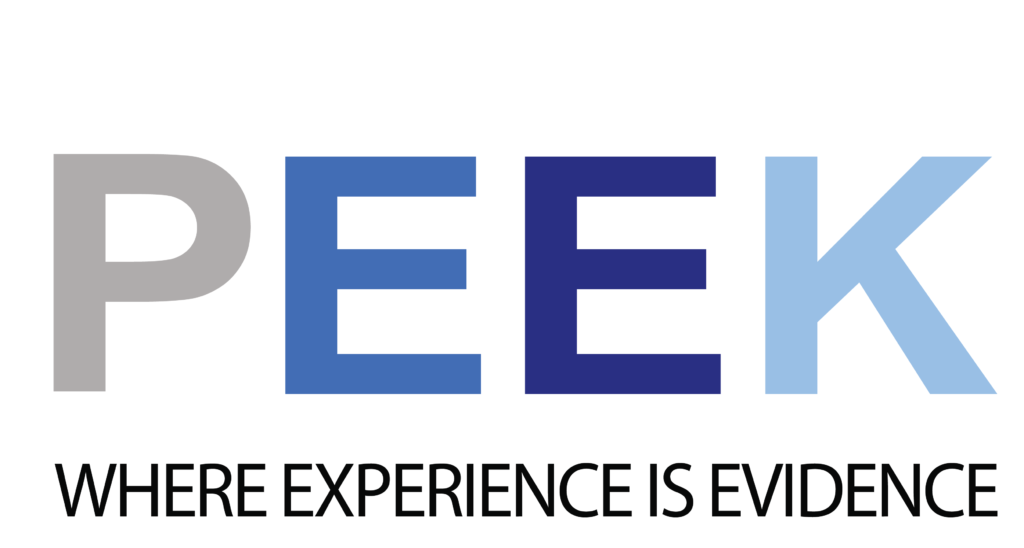
Personal Experience, Expectations and Knowledge (PEEK) studies use a single protocol. They are mixed methodology studies including an online questionnaire and structured interview. This approached is used as our aim is to have routine and proactive collection of patient experience and expectation data by an independent agency. All reports are publicly available and collectively, this results in a repository of patient experience data, with transparent and systematic presentation of results. The program is the result of 2 years protocol and feasibility testing. As at 2023, 2,000 patient interviews with matching data have been collected. PEEK has a multi-dimensional protocol that can be cross-validated and covers a holistic range of domains. Participants in PEEK studies have the chance to reflect on everything they have experienced, then, acknowledging that they hold their own expertise, we ask them what their expectations and recommendations are for the future. This gives us all the direction we need to make decisions about treatment, care, information and communication.
NUMBER OF PARTICIPANTS (CUMULATIVE)
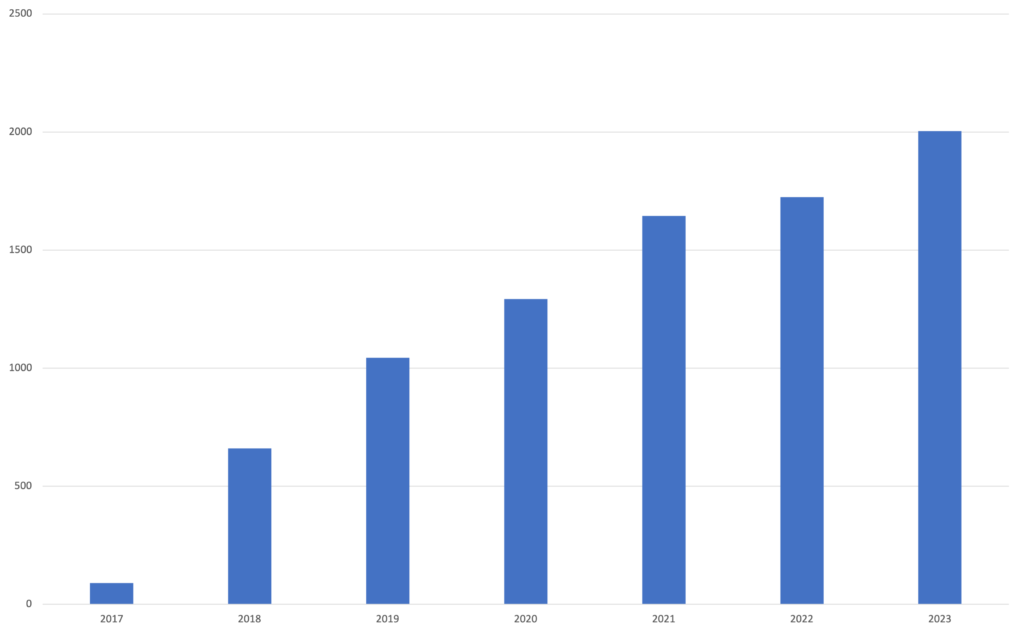
DISEASE AREAS REPORTED ON
Ovarian cancer
Breast cancer
Spinal Muscular Atrophy
Mitochondrial disease
Chronic kidney disease
Chronic heart failure
Lung cancer
Bladder cancer
Breast cancer
Atopic dermatitis
Asthma
Tuberous sclerosis
Rheumatoid arthritis
Crohn’s disease
Ulcerative colitis
Ovarian cancer
Chronic lymphocytic leukaemia
NMOSD
Stroke
Amyloidosis
Prostate cancer
HER2 positive breast cancer
HER2 positive breast cancer
Triple negative breast cancer
Hormone positive breast cancer
Liver cancer
Lupus
Bladder cancer
Lung cancer
CAR-T treatable blood cancer
Heart and blood vessel conditions
Rare conditions
Hidradenitis supurrativa
Hepatitis
LANGUAGES PEEK PROTOCOL TRANSLATED INTO
Italian, Spanish, French, German, Cantonese, Mandarin






2019 to 2023
- 3,276 people have accessed the Pathways telehealth service from August 2019 to October 2023.
- From 2019 to 2023, Pathways Telehealth Nurses made 23,711 assessments at an average of 7.75 per patient. In this reporting period of 2022 to 2023, there were 2,688 assessments at an average of 14 per patient.
- There was 100% compliance with the Pathways protocol from nurses engaged in the program in the 2022 to 2023 period. This is in contrast to previous years where overall compliance was 70.03%
- The average time per patient for an initial consultation and follow-up was 92.51 minutes.
- Nurses are most commonly speaking with women(68.23%)
- The majority of people who accessed the services were patients (75.52%) followed by next of kin or family members (24.48%)
- Across all age groups, the highest number of people accessing the service were under the age of 18 along with a parent or next of kin (22.92%)
- There was an increase in access to the service from low to medium socioeconomic areas with 56.25% of participants coming from low to medium socioeconomic areas compared to 38.87% across the life of the program
- There was an increase in access to the service from regional and remote areas in the 2022 to 2023 reporting period with 43.75% of participants coming from regional or remote areas compared to 24.57% across the life of the program
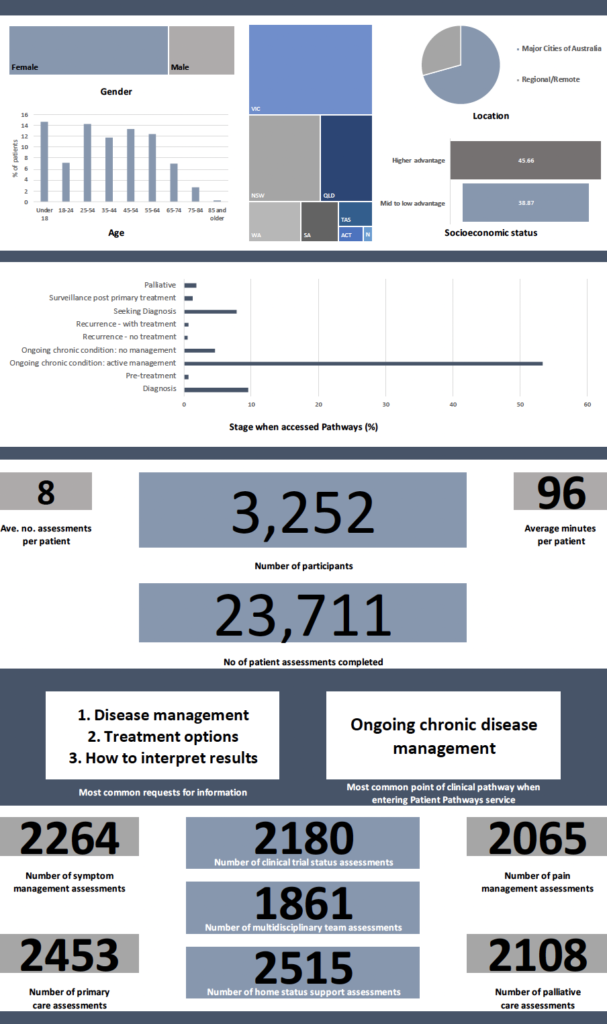
EVALUATION REPORTS
2019 – 2020
2020 – 2021
2021- 2022
2022 – 2023
NURSE-LED INTERVENTIONS VALIDATED THROUGH PROGRAM
•Initial assessment •Diagnosis assessment •Symptoms and comorbidities assessment •Information assessment •Symptom tracking •Health literacy assessment •Nurse education session referral •Record family history * Primary care assessment * MDT assessment *Clinical trial assessment
*Point of coordination assessment *Emotional and social assessment *Distress/anxiety tool *Pain assessment *Palliative care assessment *Advance care planning *Surgical and hospitalisation history *Current and planned medications


AUDIT IMPACT PROGRAM: STARTING 2024






